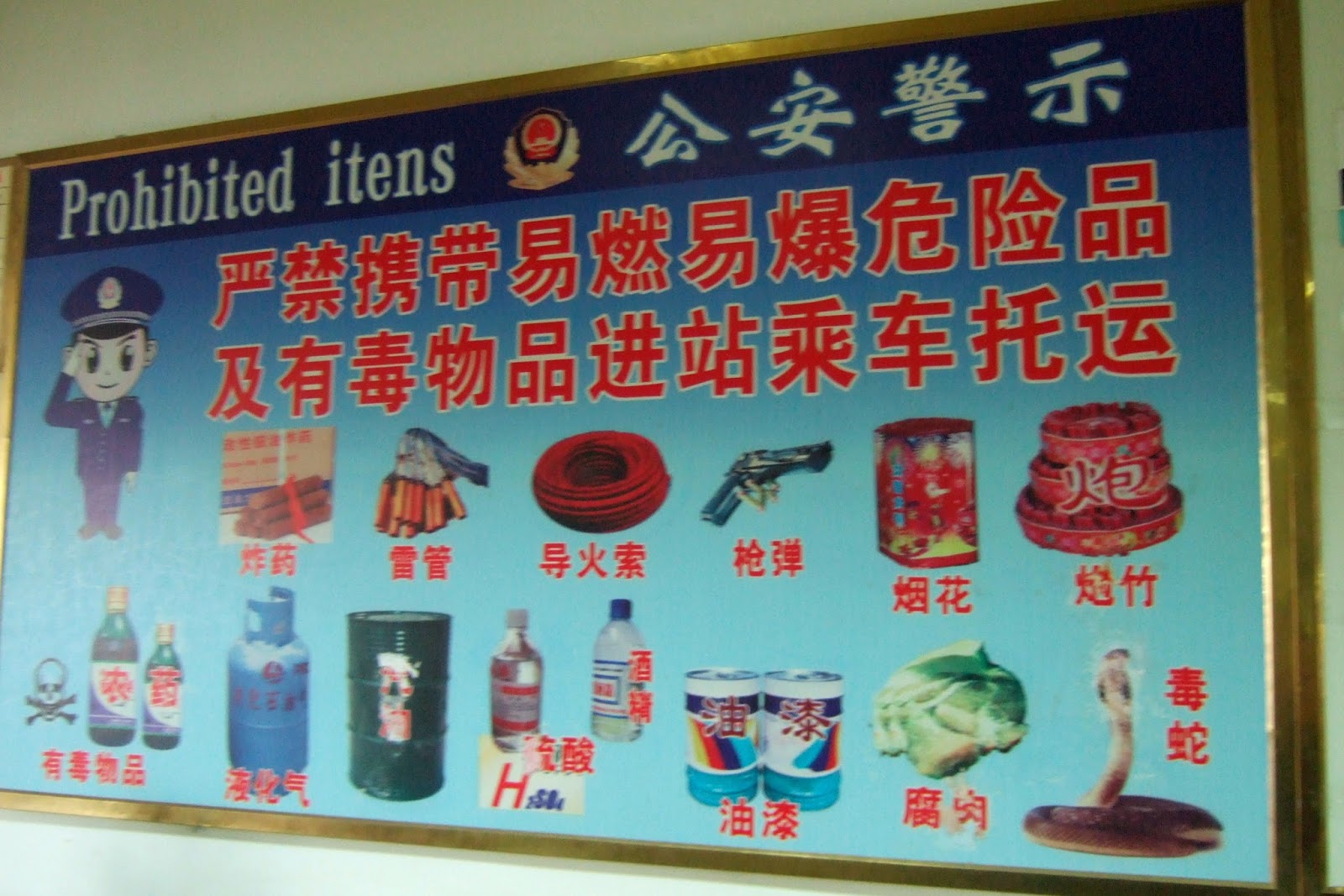BCL
Engineer
I recently dropped off someone at the airport and checked the flight status of a certain airline based in Asia. Of course they have an English language section of their website with flight info, but I see a lot of proofreading errors and awkward phrases.
This airline has an English language customer service number. They ostensibly have native or expert English language speakers as employees who can proofread simple things like "time of arrive", run on sentences, or strange phrasing.
This airline has an English language customer service number. They ostensibly have native or expert English language speakers as employees who can proofread simple things like "time of arrive", run on sentences, or strange phrasing.




